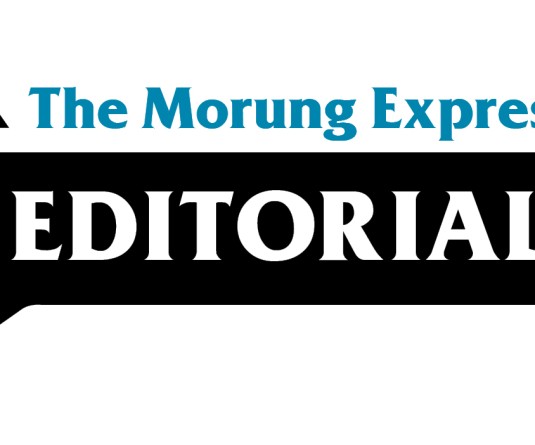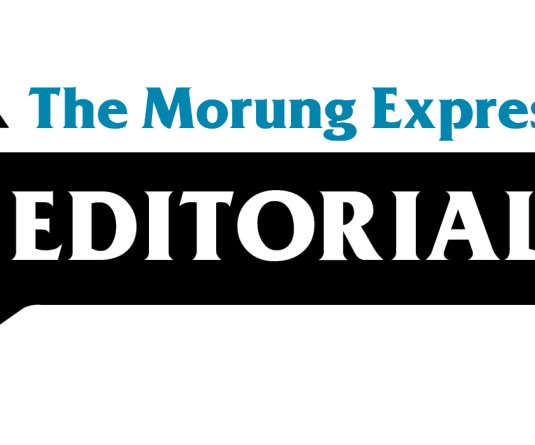
The process of nation-building is greatly influenced by intergenerational perspectives and opinions. Issues surrounding how different generations approach this are critical in the making of a nation. While older generations feel they have earned the right to determine the course of the future because they have lived the past, younger generations feel they are better equipped with current realities to decide what is best for their own future. What is needed is a process of consistent in-depth dialogue between different generations. An attempt to close the generation gap is always fundamental in the re-examination of any situation.
Can there be an honest and free inter-generational dialogue amongst Nagas? Are Naga elders only too concerned about their own experiences that they give little or no room for the youths to take ownership of their future? Are Naga youth indifferent to the experiences of their elders? An interesting observation reveals how elders so wish to make their own personal experiences that of the youth as well. If not put into perspective, it could have detrimental consequences on the youth. Perhaps the task is to facilitate a space where both elders and youths can share their experiences and create a common experience that will propel the people into the future.
When envisioning the future, Nagas are compelled to not just wish for freedom, they need to think about how they will exercise their freedom. In the final analysis, the question of how one exercises freedom is essential for the survival of a people. A realistic shift of focus from ‘status’ of right towards ‘exercising’ of right is required to fully experience and live out the values of freedom. It may therefore be helpful to start a public discourse on how do Nagas exercise their freedom? We need to start wrestling with the many issues concerned with nation-building, so that there is at least an iota of preparedness and conscious awareness that will prevent any misuse of freedom.
In a new world-order of monoculturalism, militarism and globalism it will take enormous will and resolve for Nagas to march undeterred. It will require a clear vision to reorganize and evolve policies and structures around values of democracy, human rights and self-determination that are comprehensively woven into the process of nation-building and governance. Can the Naga vision carry the beacon of the human spirit to live in freedom, dignity; respect and to stand for the liberating truth founded on a worldview that recognizes the indispensability of common humanity? At this core lies the need for trust. In creating trust it helps remove fears of uncertainties. It is told that great changes have occurred only when people believe it was for the better. Indeed to build a dignified future, one is required to shed the feelings of mistrust, suspicion and hate that they carry within themselves, and to take the profound risk of believing and trusting one another. Can Nagas do that?






